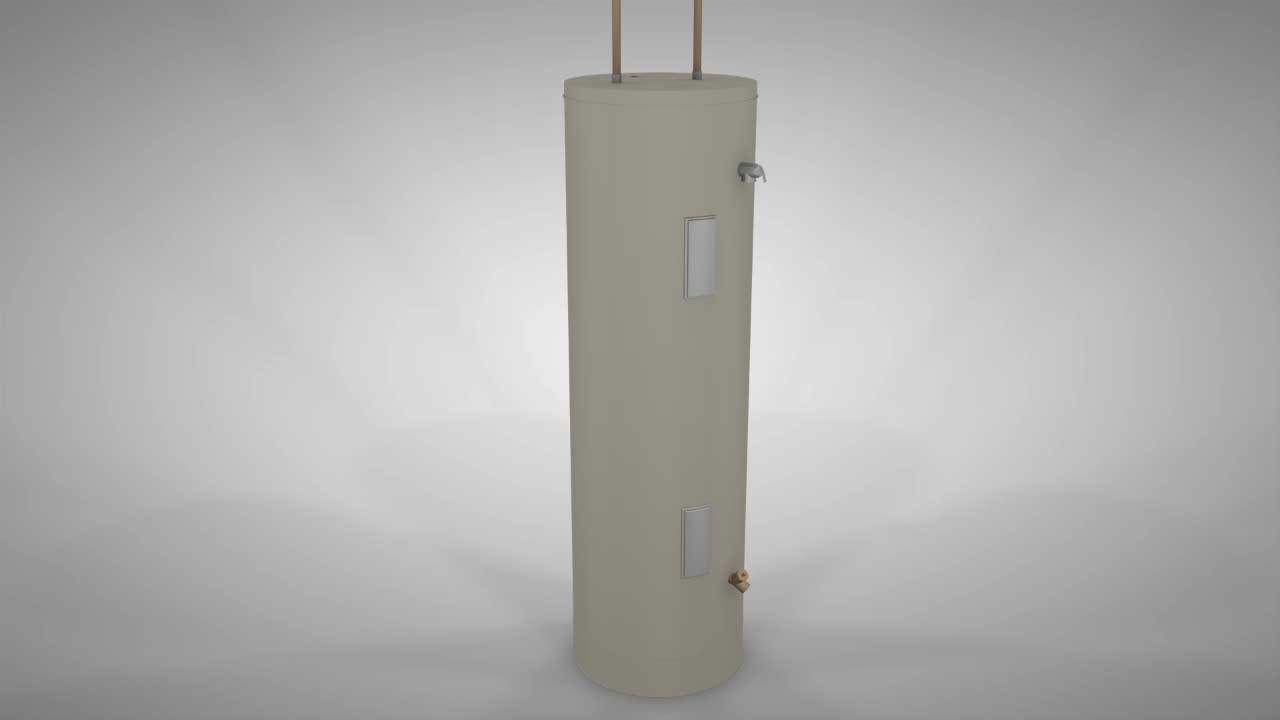Contents
Water Heater Problems & Troubleshooting
Basic knowledge protects your home and your wallet
It’s one of the best things about living in modern times: hot water whenever you want it. But it comes with risks. Ignored or mistreated, a water heater can harm you and your home.
Water heater anatomy
A water heater is basically a big holding tank. Beneath a gas water heater (shown here), a burner—similar to the one on a gas range—heats the tank. On an electric water heater, two heating elements inside the tank heat the water.
Never, ever block the relief valve
As water heats up, it expands with tremendous force—enough to fracture the tank and launch the water heater through the roof (seriously, that does occasionally happen). The temperature and pressure relief valve prevents this by opening if the tank pressure becomes too high. But when a relief valve lets off a little pressure (or just leaks), some homeowners “fix” it by plugging the valve or the pipe connected to it. A very, very bad idea.
Turn down the heat
Water heaters set too hot send thousands (mostly kids) to emergency rooms each year. Most safety experts recommend a setting of 120 degrees F. But since most temperature controls don’t have any numbers on them, setting them isn’t so simple. Here what to do: Run hot water at the tap closest to the water heater for at least three minutes. Then fill a glass and drop in a cooking thermometer. If the reading is more than 120 degrees, turn down the dial, wait about three hours and test again.
Fix or replace?
To make that decision, keep two things in mind:
- A water heater’s life expectancy is 10 to 15 years.
- Even the smallest repair done by a plumber will cost you at least 10 percent of the cost of replacement; 20 to 30 percent is more likely.
So if your unit is 10 years old, replacement is usually smarter than professional repairs. Even if it’s just 8 years old, consider replacement rather than large repairs.
The two most common breakdowns:
- Gas water heater failure. A bad thermocouple shuts off the gas and you get no hot water. Replacing the thermocouple is a simple fix.
- Electric water heater slowdown. One of the two heating elements burns out, which leaves you with insufficient hot water, lukewarm water or just cold water. Replacing the elements is the solution.
Got a puddle? Look out!
Water heaters sometimes leak from the drain valve or relief valve. Those valves are easy to replace. But if a leak is coming from the tank, you’ve got serious trouble. The tank is lined with a thin coat of glass. Over years, that glass begins to crack, the steel begins to rust away and a puddle appears. Left alone, the tank will eventually rupture, causing an instant flood. It may take months for a leak to become a flood, or it may take days. But it will happen. Don’t gamble. Replace that time bomb now.
Will a tankless water heater save money?
A tank-style water heater wastes a lot of energy, just by keeping water hot until you need it. A tankless heater, on the other hand, heats water only when you need it. And that makes it 30 to 50 percent more efficient than tank-style heaters. But tankless heaters are expensive; installation, plus the cost of the unit itself, often add up to a price tag two or three times the cost of a tank-style heater. Here’s how to weigh the costs and savings: Start with a couple bids from professional installers. Make sure it’s a total bid that covers everything involved. Then search online for “tankless water heater savings calculator.” Supplied with details (your energy costs, water use, etc.), an online calculator can estimate your savings and payback period.
